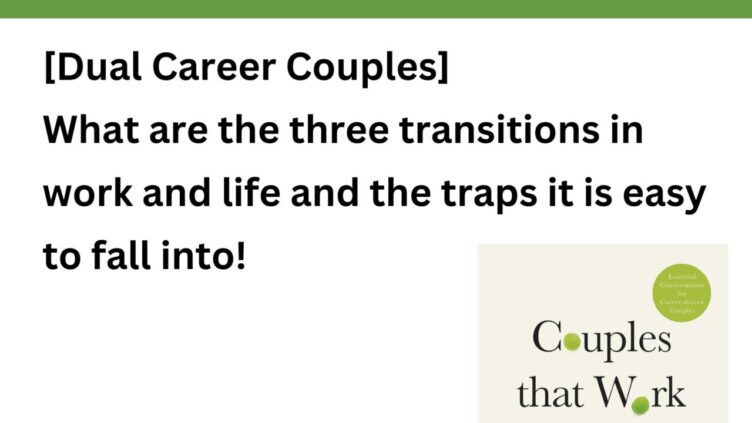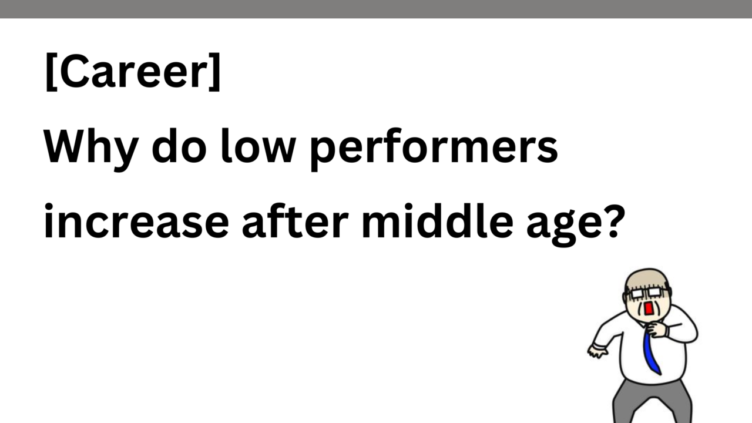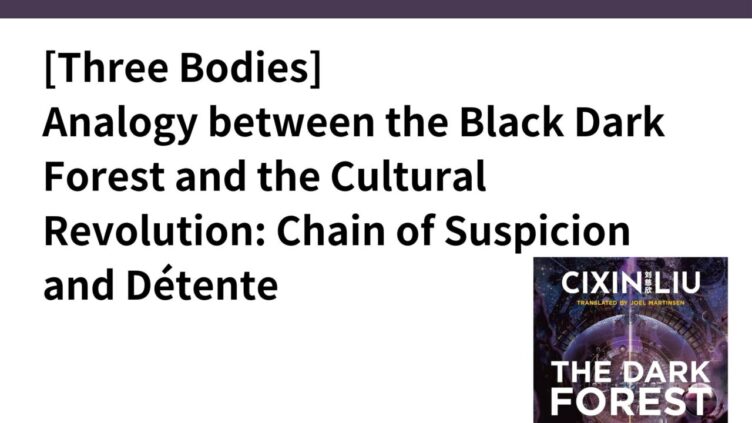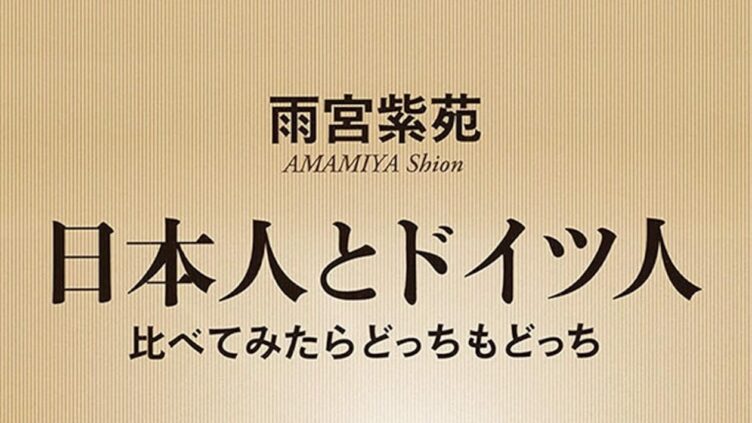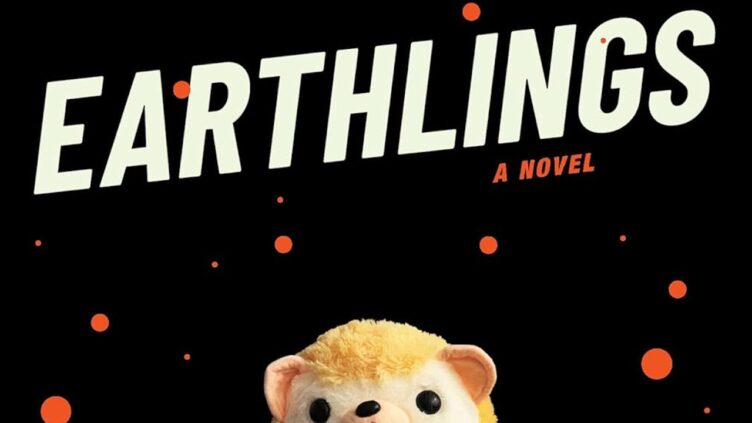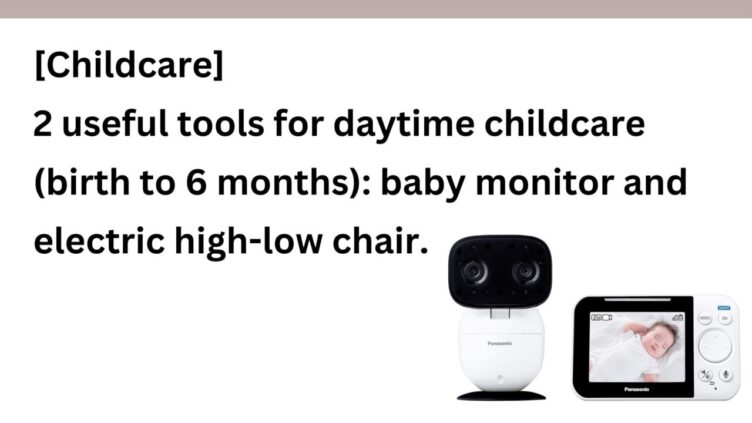
[Childcare] 2 useful tools for daytime childcare (birth to 6 months): baby monitor and electric high-low chair.
The baby monitor allows the user to check on the monitor machine as soon as there is a change in the sleeping baby's condition in the bedroom or elsewhere, even while doing household chores in the living room or kitchen. The electric high-low chair was more useful than I had imagined, as an alternative to the daytime sleeping cuddle.
